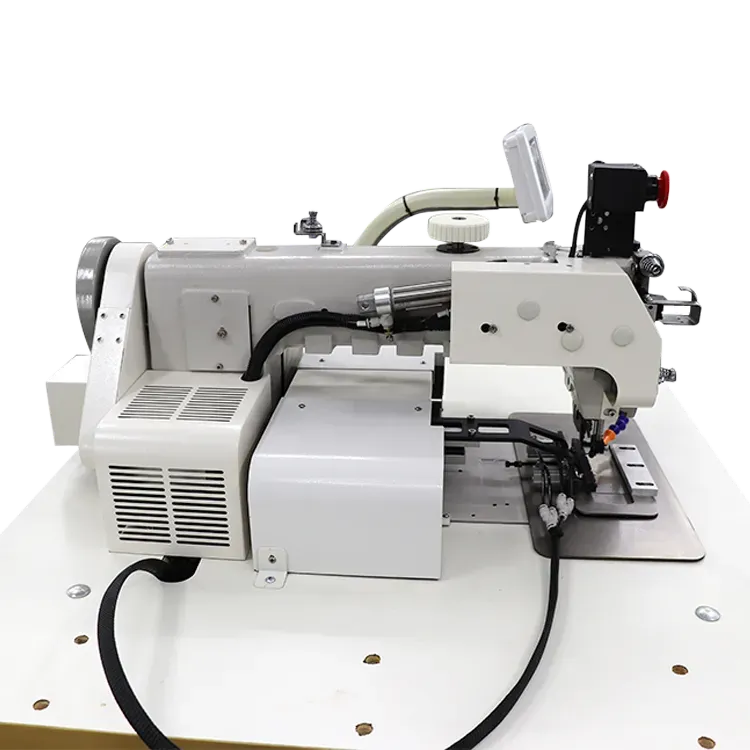sewing leather
Sewing Leather Tips and Techniques for Beginners
Sewing leather is a rewarding and creative hobby that allows individuals to craft personalized items ranging from bags to wallets and clothing. Unlike sewing with fabric, leather presents unique challenges and opportunities. With the right tools, materials, and techniques, beginners can successfully navigate the world of leather crafting. Here’s a guide to help you get started on your leather sewing journey.
Choosing the Right Leather
When starting out, it's crucial to select the right type of leather. Vegetable-tanned leather is a popular choice for beginners due to its availability and ease of handling. It is eco-friendly and develops a beautiful patina over time. Alternatively, chrome-tanned leather is softer and comes in a variety of colors, making it another excellent option for those who want to experiment with different finishes.
Essential Tools
Investing in the right tools is key to sewing leather successfully. Here’s a list of essential items you'll need
1. Leather Needle These needles have a sharper point that easily penetrates leather, reducing the risk of damage. 2. Heavy-Duty Thread Use polyester or nylon thread, which is both strong and durable. Choose a thicker thread for a more robust finish.
3. Cutting Tools A rotary cutter or a sharp utility knife will help you achieve precise cuts. Don’t forget a cutting mat to protect your work surface.
4. Clips Since leather can be hard to pin, leather clips are a practical alternative for holding pieces together.
5. Awl This tool will help you make guide holes for stitching, ensuring your stitches are evenly spaced.
Preparing the Leather
Before sewing, it's essential to prepare the leather. Start by cutting your pieces to size, being careful to maintain straight edges. Mark where you plan to sew with a pencil or chalk. Pre-punching holes with an awl can help align your stitches and prevent the leather from tearing.
sewing leather

Sewing Techniques
There are a few key techniques to keep in mind while sewing leather
- Use a Straight Stitch A simple straight stitch is effective for leather projects. You can use a sewing machine designed for heavy materials, but many leather crafters prefer hand-stitching for more control and detail.
- Backstitching To secure your stitches, always backstitch at the beginning and end. This technique reinforces the seam and ensures durability.
- Thimble If hand-stitching, consider using a thimble to protect your finger when pushing the needle through the thicker material.
Finishing Touches
Once your project is sewn together, you'll want to finish the edges to prevent fraying and enhance appearance. Depending on your project, edge tools like an edge beveler and a burnishing tool can create a polished look. Applying beeswax or a leather conditioner will also protect your creation and keep it supple.
Practice Makes Perfect
Like any craft, sewing leather requires practice. Start with simple projects, like a keychain or a small pouch, before progressing to more complex items. Don’t be discouraged by mistakes; they are part of the learning process. Join online forums or local workshops to gain tips from more experienced crafters and share your projects for constructive feedback.
Conclusion
Sewing leather is an enjoyable and fulfilling craft that opens the door to countless creative possibilities. With the right materials, tools, and techniques, beginners can produce beautiful handcrafted items that are both functional and aesthetically pleasing. Take your time, enjoy the process, and watch as your skills grow with each project. Happy sewing!
-
Heavy Duty Leather Sewing Machine: A Must-Have for Professional LeatherworkNewsMay.28,2025
-
Leather Sewing Machine: Essential for High-Quality LeathercraftNewsMay.28,2025
-
Extra Heavy Duty Sewing Machine for Premium Leather ApplicationsNewsMay.28,2025
-
Walking Foot Cylinder Arm Sewing Machine: Precision and Power CombinedNewsMay.28,2025
-
Industrial Cylinder Arm Sewing Machine: Engineered for High-Performance StitchingNewsMay.28,2025
-
Cylinder Bed Sewing Machine: A Powerful Solution for Precision StitchingNewsMay.28,2025
-
Zigzag Sewing MachineNewsMay.12,2025





























